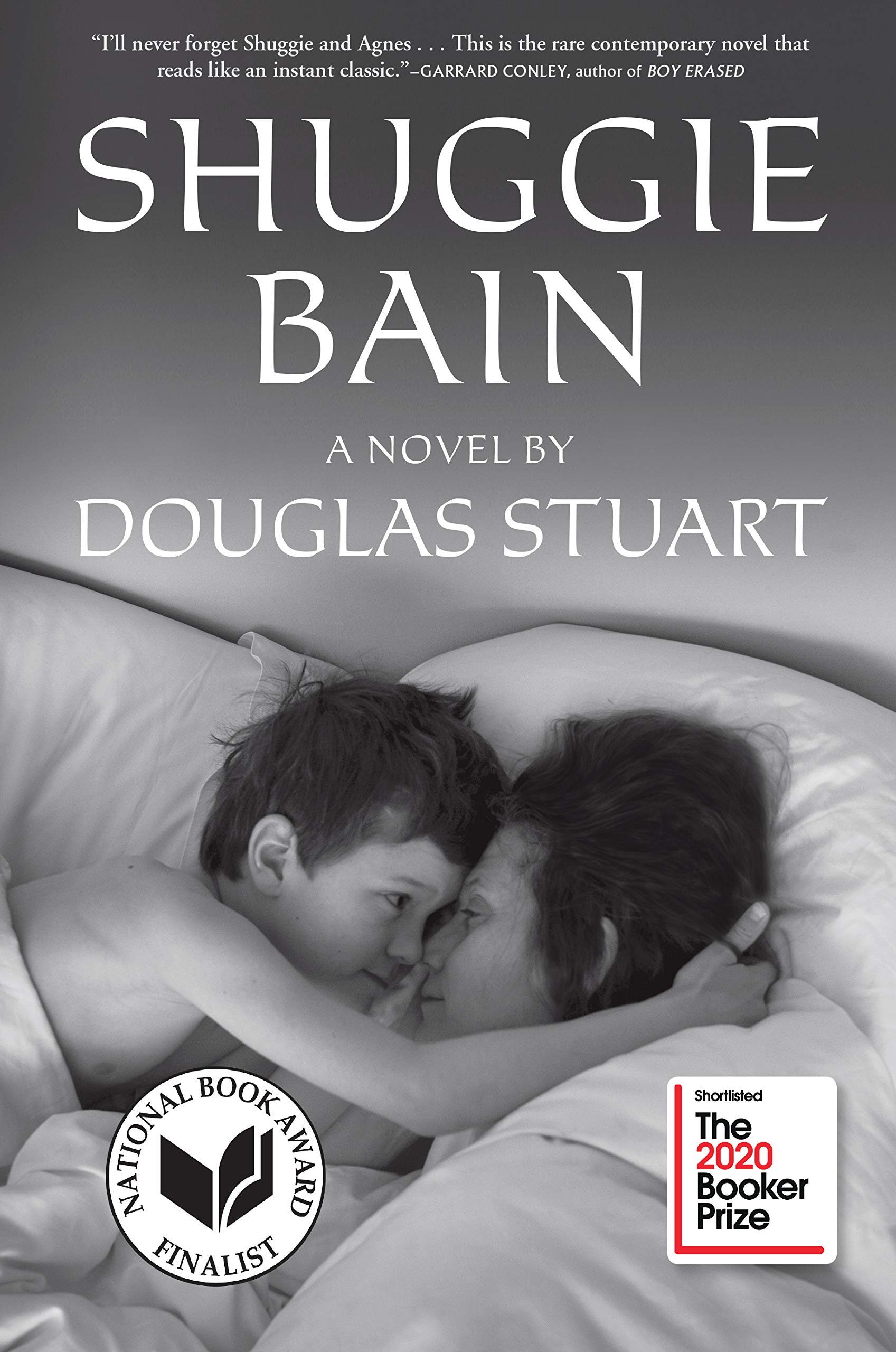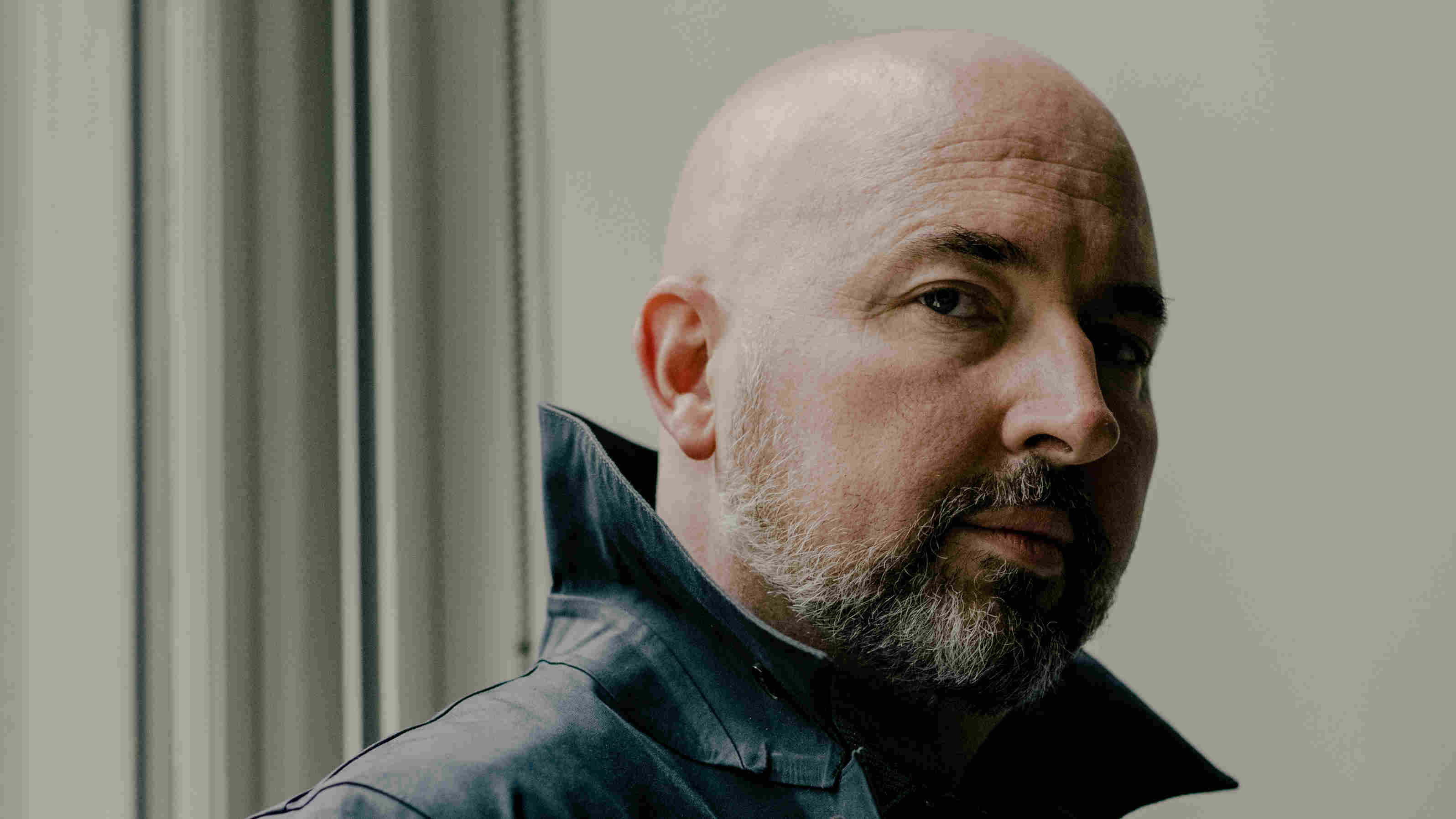When Douglas Stuart began writing a fictional account of his childhood, growing up in Glasgow with an alcoholic mother, he wasn’t sure it would ever be published.
“I wouldn’t allow myself to believe I was writing a book, because it was too intimidating,” he said during an interview last month.
Early responses from editors were equally discouraging: More than 30 publishers rejected the book. He finally sold it to Grove Atlantic, and the novel, “Shuggie Bain,” drew rapturous reviews.
Now, his debut has won the Booker Prize, one of the most prestigious literary awards in the world, cementing Stuart’s reputation as a blazing new literary talent.
The award, which was announced Thursday, will likely draw a large new audience to the novel, which came out earlier this year.
In a video news conference, Margaret Busby, this year’s chair of judges, said the vote was unanimous and quick, and she noted that she believed the book is destined to become a classic.
“It’s challenging, it’s intimate, it’s gripping, it’s daring,” she said of the novel. “To some extent, I think anybody who reads it will never feel the same.”
For Stuart, working on Shuggie Bain gave him a way to process the trauma of his childhood and to pay tribute to his mother, who died when he was 16.
“Shuggie Bain” unfolds in 1980s Glasgow and centers on a boy nicknamed Shuggie, who is struggling with being gay and his mother’s addiction. Shuggie is precocious and sensitive, making him a target for school bullies. He devotes himself to caring for his mother, Agnes, sometimes skipping school to make sure she doesn’t harm herself and checking on her when she passes out drunk.

Shuggie Bain, Grove Press. Amazon
Stuart was one of four debut novelists on this year’s shortlist. The others were Brandon Taylor for “Real Life,” which follows a Black gay graduate student navigating white campus culture; Diane Cook for her dystopian novel “The New Wilderness,” about a mother and daughter who a polluted city for the last swath of wilderness; and Avni Doshi for “Burnt Sugar,” about an artist in Pune, India, whose mother abandoned her to join an ashram.
The two established authors on the shortlist were Maaza Mengiste, for her novel “The Shadow King,” set during Italy’s invasion of Ethiopia in the 1930s, and Tsitsi Dangarembga for “This Mournable Body,” which centers on a middle-aged woman struggling with life in Harare.
Last year, the Booker judges made the surprising decision to flout their own rules and award the prize jointly to Margaret Atwood, for “The Testaments,” a sequel to her 1985 dystopian classic, “The Handmaid’s Tale,” and Bernardine Evaristo, for her novel “Girl, Woman, Other.” She became the first Black woman to win the Booker Prize.
This year, the judges were able to come to a unanimous consensus. They included thriller writer Lee Child, poet Lemn Sissay, classicist and translator Emily Wilson, and British author and critic Sameer Rahim.
This year’s ceremony included a star-studded lineup of guest speakers. Former President Barack Obama — whose memoir came out this week, prompting the Booker to reschedule its ceremony — spoke about some of his favorite Booker-winning novels, and the solace he takes in reading fiction. The Duchess of Cornwall described how people can forge a sense of connection by reading during the pandemic. Previous winners, including Kazuo Ishiguro, Atwood and Evaristo, also spoke.
During a news conference, Booker representatives said “Shuggie Bain” had prevailed because of the strength of the narrative and the prose.
“It appears to be a very classical novel on a first reading,” said Gaby Wood, the literary director of the Booker Prize Foundation. “But actually when you reread it, you find it’s quite daring.”
In an acceptance speech, Stuart thanked his mother, noting that she “is on every page of this book.” He was honored to be only the second Scottish author to win the Booker in some 50 years, he said. “That means a lot for regional voices, for working-class voices.”
New York Times News Service










